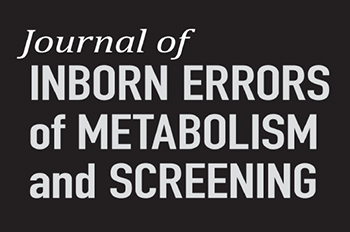Abstract
Introduction:
Phenylketonuria (PKU) is caused by the deficient activity of phenylalanine hydroxylase.
Aim:
To identify the factors associated with treatment adherence among patients with PKU seen at a southern Brazil reference center.
Methodology:
A cross-sectional, outpatient-based study including 56 patients with PKU (median age, 12 years) for whom a Phe-restrict diet plus specific metabolic formula have been prescribed. Patients were considered adherent or nonadherent depending on the median phenylalanine concentration for the 12 months prior to study and target levels of phenylalanine for each age range (<13 years = ≤360 µmol/L; ≥13 years = ≤900 µmol/L). Data were collected through a review of patient’s medical records and a set of interviews with patients and their relatives.
Results:
Eighteen patients (32.1%; ≥13 years, 11) were classified as treatment adherent. Among all factors analyzed, only mental retardation, living with parents, and level of maternal education were associated with adherence to treatment.
Conclusion:
Our findings reinforce the importance of the family as promoting factor for treatment adherence.
Keywords
phenylketonuria; adherence to treatment; inborn errors of metabolism
